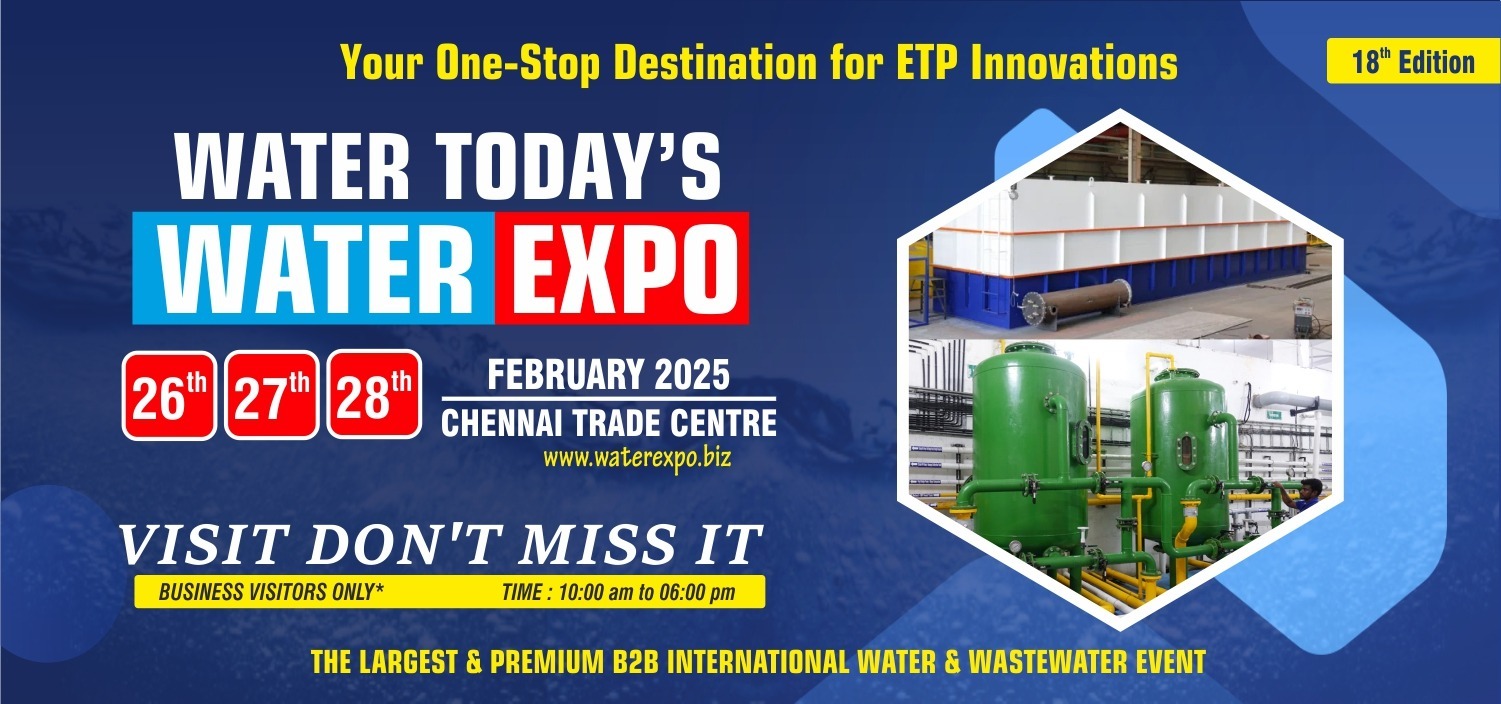The escalating challenges of water scarcity, industrial pollution, and urbanization are driving the global demand for high-end wastewater treatment technologies. These advanced systems are critical for mitigating environmental damage and ensuring the sustainable reuse of water resources. Here’s a closer look at the factors fuelling this demand and the innovations shaping the future of wastewater management.
Key Drivers of Growth
Key Drivers of Growth
- Stringent Environmental Regulations
Governments worldwide are implementing stricter water discharge regulations to combat pollution. Industries must adopt advanced treatment technologies to comply with these norms, reducing their environmental footprint and avoiding penalties. - Water Scarcity and Reuse
With freshwater sources depleting, recycling and reusing treated wastewater has become necessary. High-end technologies are pivotal in producing high-quality reclaimed water suitable for industrial, agricultural, and even potable uses. - Industrial Growth
Industries such as textiles, pharmaceuticals, chemicals, and food processing are major water users and wastewater generators. The need for customized, high-efficiency treatment solutions has escalated as industrial activities expand. - Sustainability Goals
Corporations are increasingly aligning with global sustainability initiatives, such as the UN’s Sustainable Development Goals (SDGs), driving investments in state-of-the-art wastewater treatment systems.
Emerging High-End Treatment Technologies
Emerging High-End Treatment Technologies
- Membrane Bioreactors (MBR)
MBRs combine biological treatment with membrane filtration to produce high-quality treated water. These systems are particularly effective in industries where space constraints and water quality standards are key considerations. - Advanced Oxidation Processes (AOPs)
AOPs use reactive radicals to degrade complex pollutants that are resistant to conventional treatments. These methods are gaining traction in industries like pharmaceuticals and refineries. - Electrocoagulation
This electrochemical process excels in removing heavy metals, emulsified oils, and suspended solids, proving beneficial for industrial wastewater treatment. - Decentralized Treatment Systems
Decentralized systems offer localized wastewater management, reducing the need for extensive infrastructure. These are particularly useful in rural and peri-urban areas. - Zero Liquid Discharge (ZLD) Systems
ZLD systems ensure complete wastewater recycling by recovering reusable water and valuable byproducts, leaving no discharge. - Artificial Intelligence and IoT Integration
The integration of AI and IoT in wastewater treatment plants allows real-time monitoring and optimization, improving efficiency and reducing operational costs.
Industries Leading the Charge
Industries Leading the Charge
- Textiles and Tanning:
Known for generating complex effluents, these industries are adopting technologies like AOP and ZLD to comply with environmental norms. - Pharmaceuticals and Chemicals:
With stringent purity and safety standards, these sectors demand advanced technologies to treat and reuse process water effectively. - Food & Beverage:
High-end solutions like MBR and anaerobic digestion are transforming the management of organic-rich wastewater streams in this industry.
Challenges to Adoption
Challenges to Adoption
- High Capital Costs: Initial investments in cutting-edge systems can be prohibitive for small and medium enterprises.
- Complex Operations: Advanced systems require skilled personnel for operation and maintenance.
- Infrastructure Gaps: In many regions, the lack of supporting infrastructure hinders the deployment of high-end solutions.
The Future of Wastewater Management
The Future of Wastewater Management
As water challenges intensify, industries and municipalities are recognizing the economic and environmental benefits of investing in high-end wastewater treatment technologies. Public-private partnerships, subsidies for adopting green technologies, and increased awareness about water conservation are expected to further accelerate this trend.
Companies specializing in wastewater solutions are innovating rapidly to address emerging needs. From zero-liquid discharge systems to carbon-neutral treatment plants, the future of wastewater management is centered on sustainability and technological sophistication.
We look forward to showcasing these transformative technologies at the 18th Water Expo Chennai— an event that promises to be a hub for innovation, collaboration, and progress in wastewater management. Mark your calendar and join us in exploring cutting-edge solutions shaping the future of water sustainability.
Conclusion
Conclusion
Investing in high-end wastewater treatment technologies is no longer optional—it’s a necessity for environmental stewardship and operational resilience. The journey ahead promises immense potential for innovation, collaboration, and growth in this vital sector.
The growing demand for high-end wastewater treatment technologies reflects a global shift toward sustainable water management practices. By embracing these innovations, industries and cities can reduce their environmental impact while securing reliable water resources for future generations. Whether it’s through cutting-edge processes or smart technology integration, the wastewater sector is poised to play a crucial role in achieving global sustainability goals.


